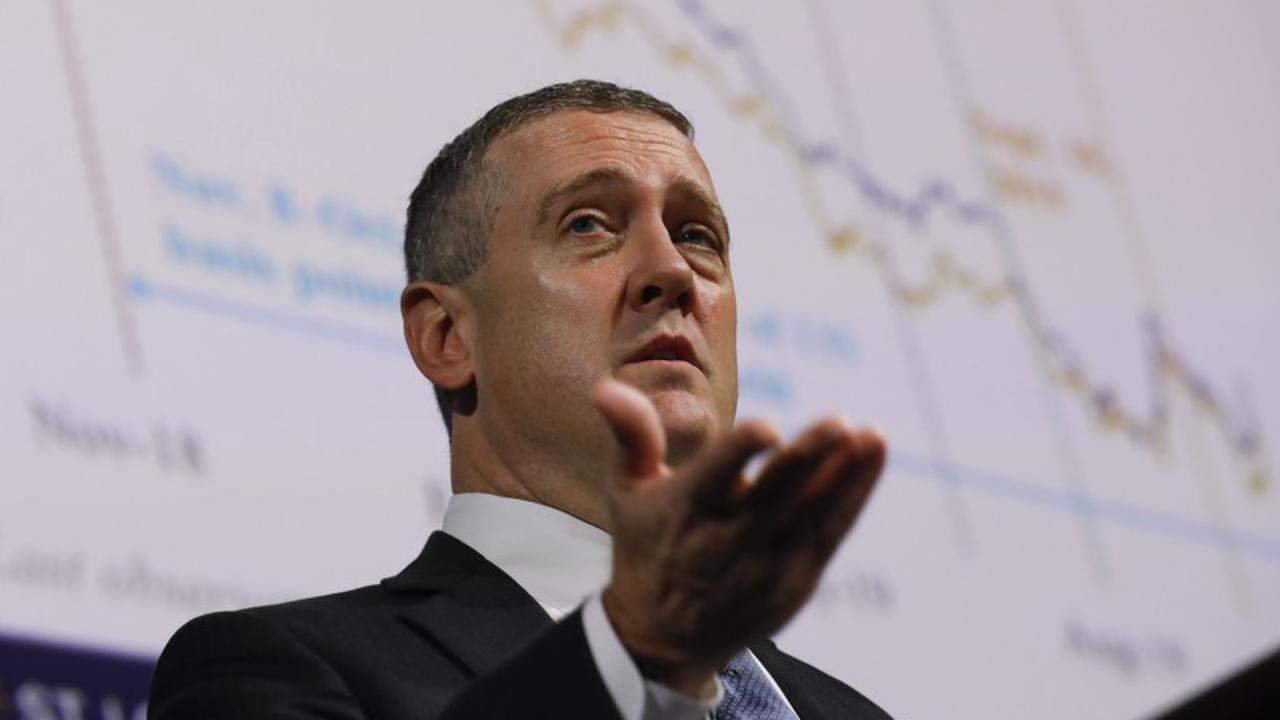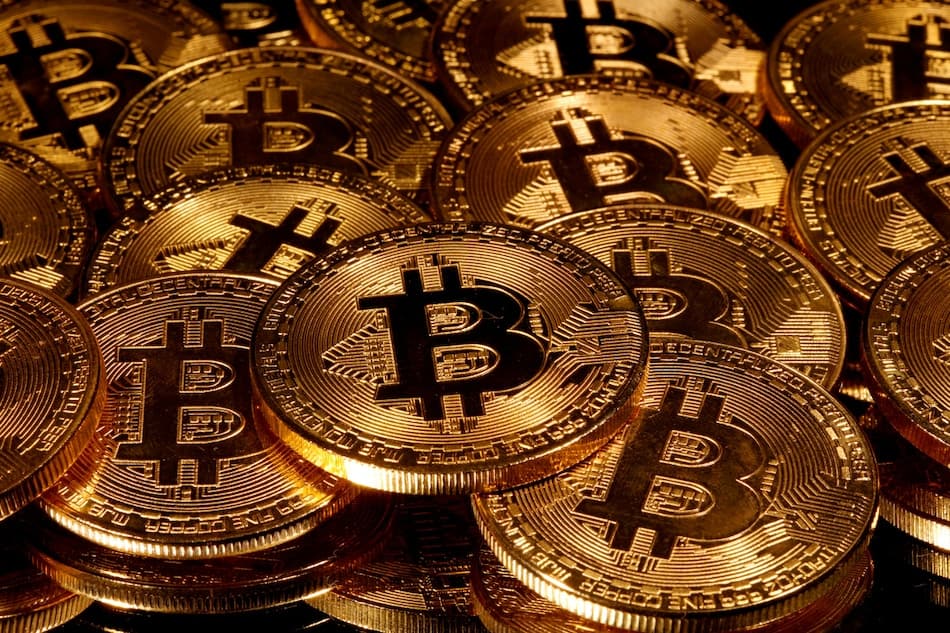Join Our Telegram channel to stay up to date on breaking news coverage
Discussions about Bitcoin operating as a reliable currency variant have raged on this year, following the leading cryptocurrency’s stellar performance thus far. While some have continued to harp on the asset’s volatility, however, the Federal Reserve Bank of St. Louis has downplayed many of these concerns.
No Correlations With Policy Proposals
This week, Jim Bullard, the President of the St. Louis Federal Reserve Bank, appeared in an interview following Bitcoin reaching the $50,000 milestone. Bullard, whose Bank has been doing some extensive research on cryptocurrencies and the future of money, told CNBC’s Squawk Box that he believes Bitcoin is more like gold than many have let on.
As the policymaker explained, talk about Bitcoin’s price volatility – although warranted – remains unnecessary. Considering that gold itself, which many see as the global reserve currency, is also susceptible to wild price swings, Bitcoin’s volatility shouldn’t be an issue.
Investors can improve their exposure to it, and those looking to use Bitcoin as a payment method simply need to build suitable systems to protect their holdings.
As for the prospect of Bitcoin helming the American economy, Bullard explained that there is little to no chance of this happening. In the interview, he explained:
“For Fed policy, it’s going to be a dollar economy as far as the eye can see and a dollar global economy really as far as the eye can see. And whether the gold price goes up or down or the Bitcoin price goes up or down doesn’t really affect that.”
Bullard added that gold’s price swings have been occurring for decades, and the Federal Reserve has ignored the asset largely. So, there’s no reason why Bitcoin will face different treatment.
Bitcoin Isn’t Money Yet
Bullard isn’t the only policymaker to downplay the impacts of Bitcoin’s volatility on broader financial and economic policy. Earlier this month, the Australian Financial Review reported that Michelle Bullock, assistant governor for financial systems at the Reserve Bank of Australia, had also dismissed concerns over the leading cryptocurrency’s price swings.
Speaking at a meeting of the House of Representatives Standing Committee on Economics, Bullock explained that most of the fuss about BTC volatility had been unwarranted, primarily because the asset had yet to fulfill its potential as a payment vehicle.
As Bullock explained, Bitcoin’s underdeveloped payment infrastructure meant that it hadn’t been qualified to be called “money.” She added that while the leading cryptocurrency does have some volatility to it, this problem should not be detrimental to the broader Australian financial system in any substantial manner.
The stance appears to be almost worldwide. Major policymakers have recognized Bitcoin’s potential, but they remain uncommitted to the asset in any considerable manner. For now, the industry will have to do with surging institutional adoption.
Read more:
Join Our Telegram channel to stay up to date on breaking news coverage


